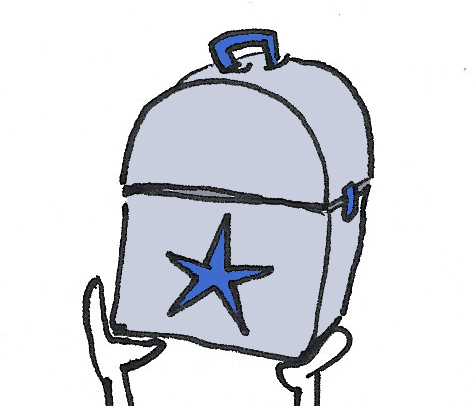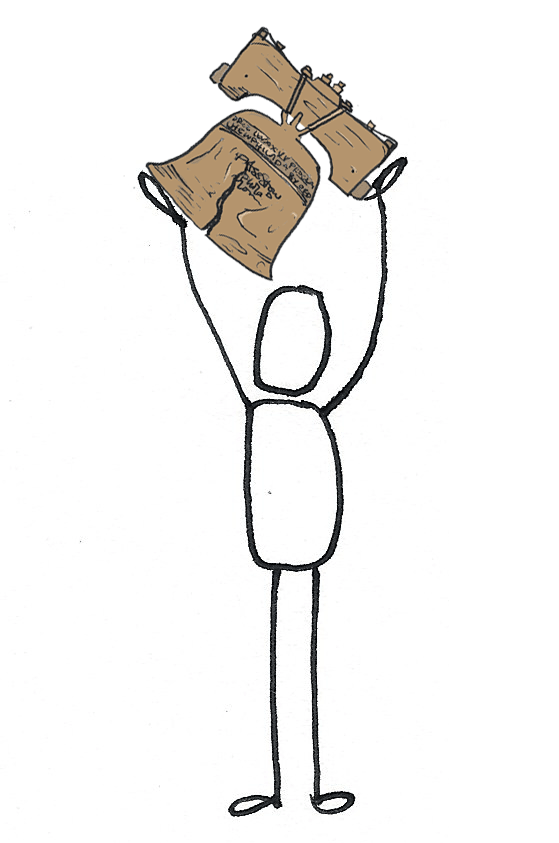
The COVID 19 Project tests the hypotheses that citizens, provided with information and tools can be trusted to address the complex problems in their community and nationally.
Get Involved
TAKE PART IN OUR EFFORT
Citizens and civil society organizations interested in supporting and joining the COVID 19 Project are welcome.
Join us for our online event at the occasion of the beginning of the Citizen Commission (Details to come)
Information and action plan that will allow you to stay healthy, minimize your exposure to the COVID 19 infection, and best "treat" yourself and loved ones who are infected in order to achieve the best personal outcome in addressing the challenge of The COVID 19 Pandemic.
Actions that will impact the availability of evidence-based, best practice interventions that you can undertake to address the challenges of the Coronavirus and the COVID-19 Pandemic in your community.
Actions you can undertake within your political ecosystem to have a meaningful impact on the Coronavirus and COVID-19 Pandemic

The Citizen Brief is part of the COVID-19 Pandemic citizen commission and case presentation offers an organizing structure to engage citizens in a meaningful exercise to reclaim their role in the body politic. The case presentation, an initiative of The James Madison Project and Citizens4health, utilizes the Medical Case Presentation as an organizing structure, a user-friendly framework for a citizen-oriented approach to the challenges facing us in the Body Politic of the United States. In particular, it allows us to explore and respond as citizens to a rapidly emerging, existential threat to the nation and globally. The citizen brief offers a dynamic, interactive, collaborative process that engages our fellow citizens to address the COVID-19 challenges confronting us as individuals, members of our community, and citizens of the nation. The COVID-19 Pandemic Case Presentation provides a vehicle for citizens to collaborate, identify, analyze, develop, implement, and monitor a solution based “treatment plan” for medical problems.
Background:
The COVID 19 Pandemic continues to unfold, spreading of new cases globally and no end in sight. The unfolding pandemic is having a devastating impact on many individuals (mostly elderly and infirmed), communities, financial and political spheres. The potential causes and impact could be overwhelming. The personal stories are heartbreaking. We believe that the symptoms associated with opioid use and the societal response to the challenge offer a focused but complex issue that can provide a way to explore the political system, its limitations, and most importantly, examine the potential for citizen involvement in their ecosystem. The COVID 19 Case Presentation serves to test the proposition that with the proper framework and easy to use citizen-oriented tools, we can more effectively collaborate to address complex problems.
In this medical case presentation, we use the complexity of the COVID 19 Pandemic o highlight the potential for the use of the medical case presentation to inform citizens and provide tools to engage within the political ecosystem.
Biologic
Scientific understanding of the Coronavirus (SARS-CoV-2) and development of effective evidence-based interventions for the prevention, (vaccine), recognition (Testing), and treatment approaches that are specific for the individual along the natural course of the COVID 19 disease.
Medical
A medical system, that includes services along the continuum of care, that provides timely, safe, evidence-based intervention for individuals suffering from COVID 19. The medical services are informed by the latest, best information for supportive care and in the absence of effective drugs, patient-specific interventions. The medical system is staffed appropriately and provides the necessary support and PPE to staff to deliver safe care for individuals suffering with COVID 19 and others requiring medical care.
Psychological
Social
Explore the public health measures and policies that were undertaken to limit the spread of Coronavirus (SARS-CoV-2) and suggest an evidence-based approach that is “region” specific to limit the spread of infection by containment and mitigation measures. Address the social determinants that lead to disproportionate morbidity and mortality in communities of color, low socioeconomic class, and poverty. Develop research-informed strategies and guidelines for popular adoption of strategies to “flatten the curve” and “save lives” through Social distancing, isolation, hygiene measures, masks, testing.
Citizen Brief: Income and Wealth Inequality
Spiritual
Exploring the impact the COVID 19 pandemic is having on the spiritual life of individuals and collectively. Develop and share evidence-based strategies to enhance spiritual aspects of engaging as a community and shared purpose. As citizens, develop the infrastructure and mindset to take an active role in political life. For example, participate in establishing guidelines for future epidemics- pandemics and other challenges facing us.
Economic
Understanding the economic implications of the pandemic and the interventions to contain it. Exploring the underlying economic framework for individuals, companies, and institutions that contribute to the unfolding nature of the pandemic and to monitor the flow of economic and financial “treatment” enacted during the acute phase of the pandemic.
Political
The challenges associated with the role, performance and relationships of global institutions, the US federal, State government, and local government. The foundation of sovereign citizens and the “social contract” that establishes the relationship and responsibilities of government and citizens.
Citizen Brief: Policing-Justice-Legal-Prison System
The COVID-19 Pandemic
Goal:
The citizen brief’s goal is to contribute to a meaningful national conversation about the COVID-19 Pandemic. Going beyond the medical information associated with the pandemic, the Citizen Brief uses the pandemic as an experiment to better understand the institutions and processes and most importantly the role of the citizen within the political ecosystem. Building on a more comprehensive understanding, we provide a complexity lens to explore citizen-based interventions Additionally, the citizen brief, provides citizens the information and tools to engage in the effort to take part in the battle against the Coronavirus and the associated COVID-19 pandemic. The effort is an ongoing process, prioritizing interventions aimed squarely at preventing infection, while also continuing efforts aimed at stopping the spread of the disease and providing optimal treatment. Furthermore, the political, social, institutions, and processes that are part of the ecosystem, are explored.
COVID-19: Johns Hopkins University Experts Discuss Novel Coronavirus March 2nd, 2020

The COVID19 Pandemic Ecosystem maps will include the following views and perspectives that would be helpful for individuals and organizational stakeholders to understand what action they can take
The Media (MSM, Social Media, Alternative Media)
Global Stakeholders
World Health Organization (WHO)
China
Public Health
The Healthcare and Medical Ecosystem

Being a citizen is challenging and complex. Checklists have been used to improve outcomes in various fields. We introduce the checklists to facilitate taking action and interact with various stakeholders. Developing a checklist is a continuous process. The various checklists will be made public and improved upon as we go along with COVID 19 Pandemic.
Community and Public health
Government
-
Global
-
Federal
-
City
-
County
Advocacy groups
